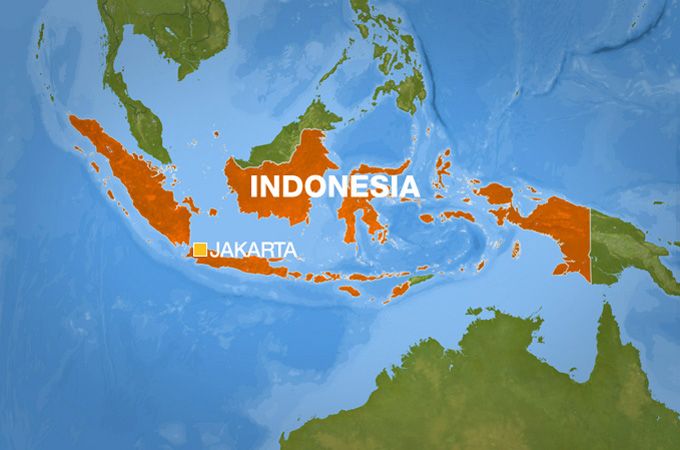As clearly stated in Article 49(1) and (2) of the LOSC, archipelagic waters are under the territorial sovereignty of the archipelagic State. However, care should be taken in noting that the exercise of the archipelagic State’s territorial sovereignty is subject to general international law and specific provisions under Part IV of the LOSC.
The first provision, as the Annex VII Arbitral Tribunal stated in the 2016 Duzgit Integrity Arbitration, is that ‘under international law, enforcement measures taken by a coastal State in response to activity within its archipelagic waters are subject to the requirement of reasonableness, which encompasses the general principles of necessity and proportionality’.
The Arbitral Tribunal, in its Arbitral Award of 2016, ruled that Sao Tomé and Príncipe’s sanctions upon the Duzgit Integrity were disproportionate and incompatible with the responsibilities of a State exercising sovereignty on the basis of Article 49 of the LOSC.
Another provision, under Article 49(3), is that this sovereignty is exercised subject to Part IV of the LOSC. Under Part IV of the LOSC, the territorial sovereignty of the archipelagic State is qualified by the rights of third States in four respects.
First, the archipelagic State is required to respect the traditional fishing rights of third States pursuant to Article 51(1) of the LOSC. This provision was intended to meet the concerns of Malaysia with respect to prospective Indonesian archipelagic waters. On 25 July 1982, Indonesia and Malaysia concluded a bilateral treaty on this matter. Under Article 2(2) of this treaty, in return for Malaysia’s recognition of Indonesia’s archipelagic regime, Indonesia accepted the existing rights of Malaysia relating to: (i) the rights of access and communication of Malaysia’s ships and aircraft, (ii) the traditional fishing right of Malaysian traditional fishermen in the designated area, (iii) the legitimate interest relating to submarine cables and pipelines, (iv) the legitimate interest in maintaining law and order through cooperation, (v) the legitimate interest to undertake search and rescue operations, and (vi) the legitimate interest to cooperate in marine scientific research.
Second, under Article 51(2), the archipelagic State is under the obligation to respect existing submarine cables. This provision applies only to existing cables, and no mention is made of pipelines. It would seem to follow that the laying of new cables and pipelines depends on the consent of archipelagic States.
Third, Article 47(6) provides:
If a part of the archipelagic waters of an archipelagic State lies between two parts of an immediately adjacent neighbouring State, existing rights and all other legitimate interests which the latter State has traditionally exercised in such waters and all rights stipulated by agreement between those States shall continue and be respected.
This situation can be seen between the Malaysian mainland and Sarawak by the extension of Indonesia’s archipelagic waters associated with the Kepulauan Anambas and Kepulauan Bunguran.
Fourth, by establishing archipelagic waters, some important navigation channels, such as the Sunda and Lombok Straits, fall under the territorial sovereignty of the archipelagic State. If passage through archipelagic waters is not accepted, sea communication will be considerably disturbed. Hence there is a strong need to guarantee the freedom of navigation of foreign vessels in archipelagic waters. Part IV of the LOSC ensures the freedom of navigation through archipelagic waters by providing the right of innocent passage and that of archipelagic sea lanes passage. As will be seen, the territorial sovereignty of an archipelagic State is thus qualified by the rights of navigation of foreign ships in archipelagic waters.

